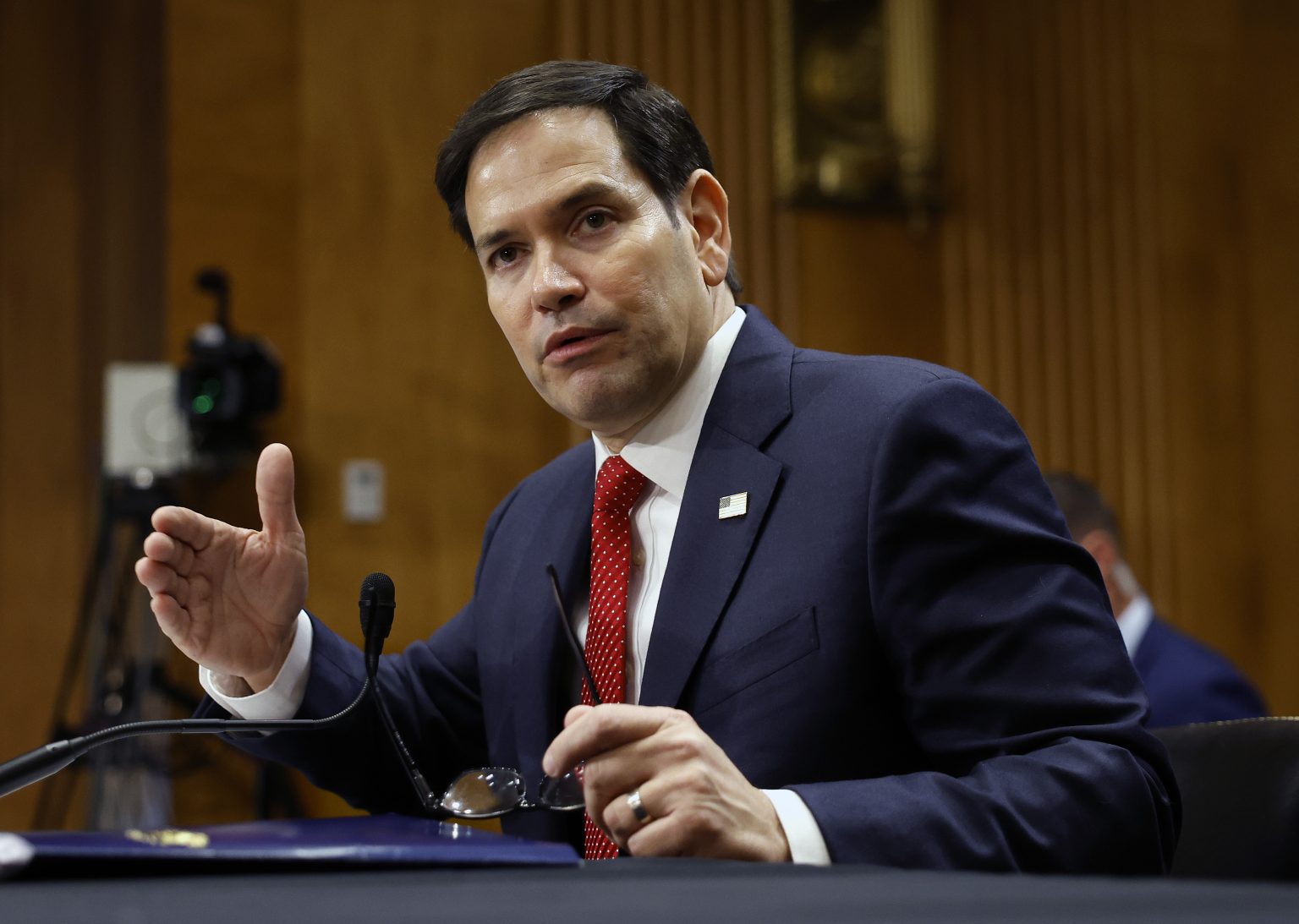Summarize this content to 2000 words in 6 paragraphs Chinese President Xi Jinping will launch an invasion of Taiwan before 2030 unless the costs of such an operation are dramatically increased, President-elect Donald Trump’s choice for secretary of state, Republican Sen. Marco Rubio, said on Wednesday.Newsweek reached out to the Chinese Foreign Ministry and Rubio’s office with emailed requests for comment.Why It MattersThe government of the Republic of China, Taiwan’s official name, retreated to the island after its defeat by Mao Zedong’s Communist forces in 1949. Taiwan functions as a sovereign state with its own government, military, and diplomatic relations. However, Beijing views the island as a breakaway province and has in recent years ratcheted up pressure on the island democracy.Xi has repeatedly declared unification with Taiwan to be inevitable and has not ruled out using force to achieve it. CIA Director Bill Burns and other top U.S. officials believe Xi has directed the People’s Liberation Army (PLA) to be ready for action against Taiwan by 2027, though they’ve stressed this doesn’t necessarily mean he will pull the trigger then or any other year.
President-elect Donald Trump’s nominee for Secretary of State, Sen. Marco Rubio testifies during his Senate Foreign Relations confirmation hearing at Dirksen Senate Office Building on January 15 in Washington, D.C. Rubio said he believes China…
President-elect Donald Trump’s nominee for Secretary of State, Sen. Marco Rubio testifies during his Senate Foreign Relations confirmation hearing at Dirksen Senate Office Building on January 15 in Washington, D.C. Rubio said he believes China will invade Taiwan by the end of the decade unless “something dramatic changes.”
More
Kevin Dietsch/Getty Images
What To KnowSpeaking during his confirmation hearing in the Senate Foreign Relations Committee, Rubio expressed the importance of the so-called “porcupine strategy,” which involves arming Taiwan to the teeth to make China think twice about moving against its neighbor.”I don’t mean to want to be alarmist about it, but if you listen to Xi Jinping, and it’s important when you listen to him[…] What they’re basically saying is that this is a foundational and definitional issue for Xi Jinping personally,” he said.”And as a result I think we need to wrap our head around the fact that unless something dramatic changes like an equilibrium where they conclude that the costs of intervening in Taiwan are too high, we’re going to have to deal with this before the end of this decade.”Rubio, the son of Cuban immigrants, has been a vocal critic of communism and the Chinese government, targeting its Taiwan policies, the crackdown on democracy in Hong Kong, and its treatment of Uyghur and Tibetan minorities.During his three Senate terms, Rubio has sponsored several pro-Taiwan bills. In 2020, he met with Taiwan’s then-vice president and now-President Lai Ching-te, whom Beijing labels a “separatist.”China’s ongoing pressure campaign includes near-daily incursions into Taiwan’s air defense identification zone and major military drills, such as a simulated blockade of the island.China has also accelerated the production of dual-use naval vessels, including roll-on/roll-off cargo ships capable of transporting troops and vehicles across the Taiwan Strait. According to a recent report, specialized barges with extendable road spans are being built that boast extendable road spans that could deposit invading forces directly onto coastal roads beyond Taiwan’s heavily defended beaches.What People Are SayingChinese Foreign Ministry spokesperson Guo Jiakun said during Thursday’s daily press briefing: “Taiwan belongs to China, and the Taiwan issue is purely China’s internal affair and brooks no external interference[…] What the U.S. should do is to abide by the one-China principle and the three China-U.S. joint communiqués, abide by its commitment not to support Taiwan independence, stop conniving at Taiwan independence separatist forces, and stop interfering in China’s internal affairs on the Taiwan issue.”What Happens NextFollowing a Senate Foreign Relations Committee vote, Rubio’s nomination will then be put to a vote in the full Senate, where the upper chamber’s Republican majority is expected to confirm him to succeed Antony Blinken as the U.S.’s top diplomat.Comments made by Trump on the campaign trail, including a suggestion Taipei should pay Washington for defense, have raised questions about his commitment to the island, which Rubio last summer insisted remains strong.Taiwan has increased defense spending in recent years, including on big-ticket items from the U.S.—its main source of foreign arms. However, the island is still waiting on around $21 billion in backlogged orders, according to the Washington, D.C.-based Cato Institute think tank.







